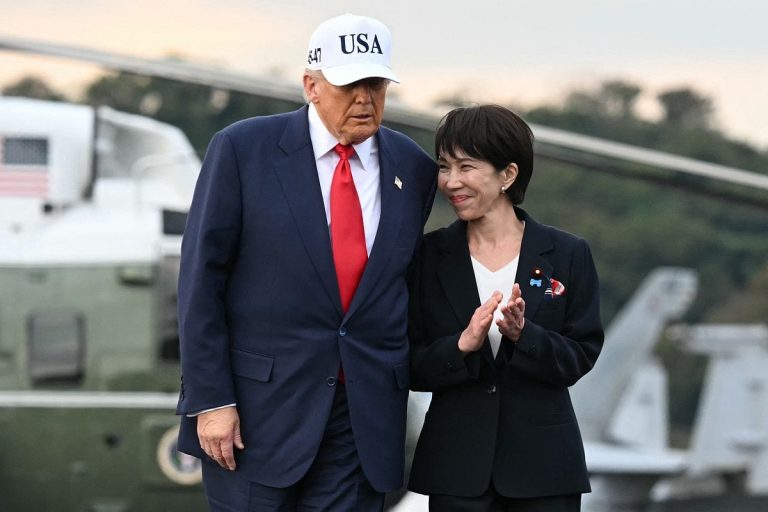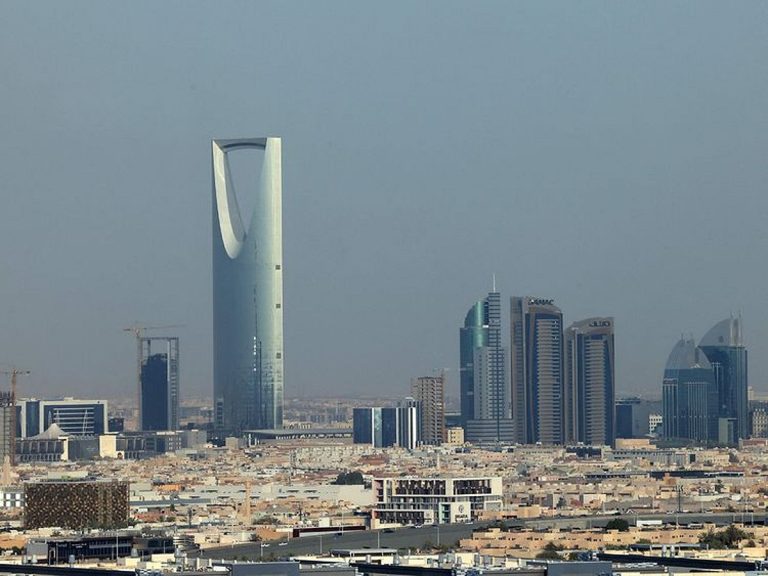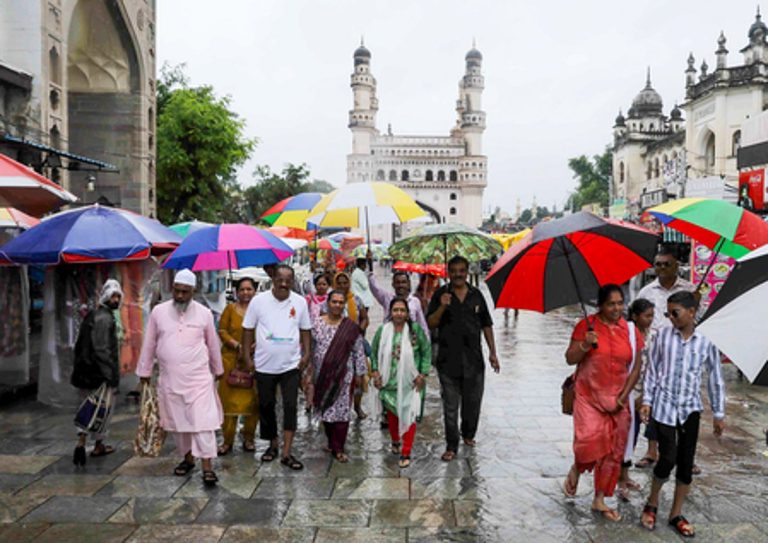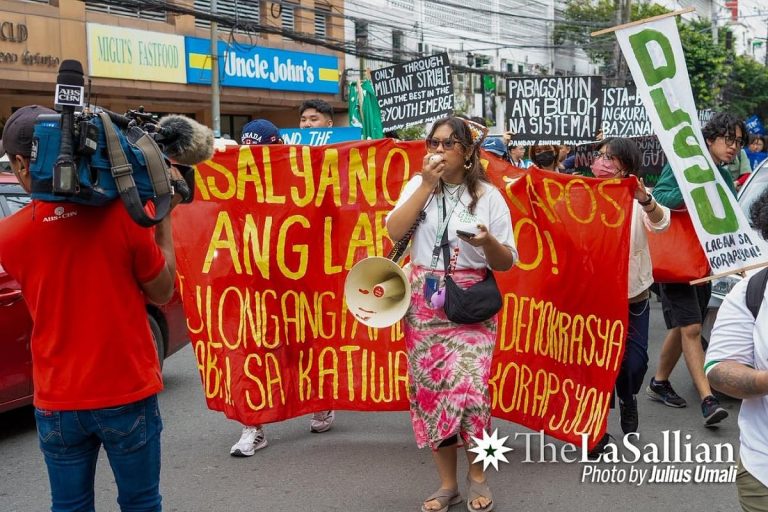Khamenei Rejects Trump’s Claims on Iran’s Nuclear Sites
Tensions between the United States and Iran have escalated following recent comments made by former President Donald Trump regarding the destruction of Iranian nuclear sites. In a pointed response, Iran’s Supreme Leader Ayatollah Ali Khamenei dismissed Trump’s assertions, emphasizing Iran’s resilience and sovereignty.
Khamenei’s Rejection of Trump’s Claims
On Monday, Khamenei took to his official website to counter Trump’s claims that U.S. military strikes in June had obliterated Iran’s nuclear facilities. He told Trump to “keep dreaming” and questioned the legitimacy of the U.S. president’s authority to dictate terms regarding Iran’s nuclear capabilities. Khamenei characterized Trump’s remarks as “improper, wrong, and bullying.”
Context of the Military Strikes
In mid-June, Israel initiated a significant bombing campaign targeting Iranian nuclear sites, with the U.S. briefly participating. Trump reiterated during a speech at the Israeli Knesset that the U.S. had confirmed the destruction of these sites, stating, “So we dropped 14 bombs on Iran’s key nuclear facilities. Totally as I said originally obliterating them and that’s been confirmed.” He further claimed that these strikes had effectively neutralized Iran’s influence in the region, referring to the operation as “the most beautiful military operation.”
Discrepancies in Damage Assessment
The actual impact of the military strikes remains uncertain. The Pentagon has indicated that the strikes may have delayed Iran’s nuclear program by one to two years. This assessment contrasts with earlier classified intelligence reports suggesting only a minor setback of a few months. The conflicting information raises questions about the effectiveness of the military action and its long-term implications for Iran’s nuclear ambitions.
Stalled Nuclear Negotiations
The military actions occurred just days before a planned sixth round of nuclear negotiations between Tehran and Washington, which had been ongoing since April. Following the strikes, Iran has stated its willingness to negotiate, but only if the U.S. provides assurances against further military action. This development has stalled diplomatic efforts, complicating the already tense relationship between the two nations.
FAQs
What did Trump claim about Iran’s nuclear sites?
Trump claimed that U.S. military strikes had obliterated key Iranian nuclear facilities, asserting that this was confirmed by U.S. intelligence.
How did Khamenei respond to Trump’s statements?
Khamenei dismissed Trump’s claims as unrealistic and questioned his authority to dictate Iran’s nuclear policy, labeling the remarks as bullying.
What is the current status of nuclear negotiations between the U.S. and Iran?
Nuclear negotiations have been stalled since the military strikes, with Iran indicating it would only engage in talks if the U.S. guarantees no further military actions.
Conclusion
The exchange between Khamenei and Trump highlights the ongoing tensions surrounding Iran’s nuclear program and the complexities of international diplomacy in the region. As both sides navigate their positions, the future of nuclear negotiations remains uncertain, with the potential for further escalation if military actions continue.
The backdrop of this escalating rhetoric is rooted in a long-standing conflict over Iran’s nuclear ambitions, which have been a point of contention since the early 2000s. The Joint Comprehensive Plan of Action (JCPOA), established in 2015, aimed to limit Iran’s nuclear program in exchange for sanctions relief. However, the U.S. withdrawal from the agreement in 2018 under Trump’s administration led to increased tensions and a series of retaliatory actions from both sides. The current situation reflects the ongoing struggle for influence in the Middle East, where both nations seek to assert their power amidst a complex web of alliances and rivalries.
The international community remains watchful as the situation develops, with various stakeholders advocating for a return to diplomatic negotiations. European nations, along with Russia and China, have expressed concern over the potential for military escalation and the implications for regional stability. The United Nations has called for restraint, emphasizing the need for dialogue to address the nuclear issue and prevent further conflict. As both Iran and the U.S. navigate their respective domestic and international pressures, the path forward remains fraught with challenges that could significantly impact global security dynamics.
Also Read:
US Military Strikes Drug-Courier Vessel in International Wat
Al Maryah Community Bank Launches Mbank Millionaire Campaign
Investigation into Engineer’s Death Raises Harassment Claims







